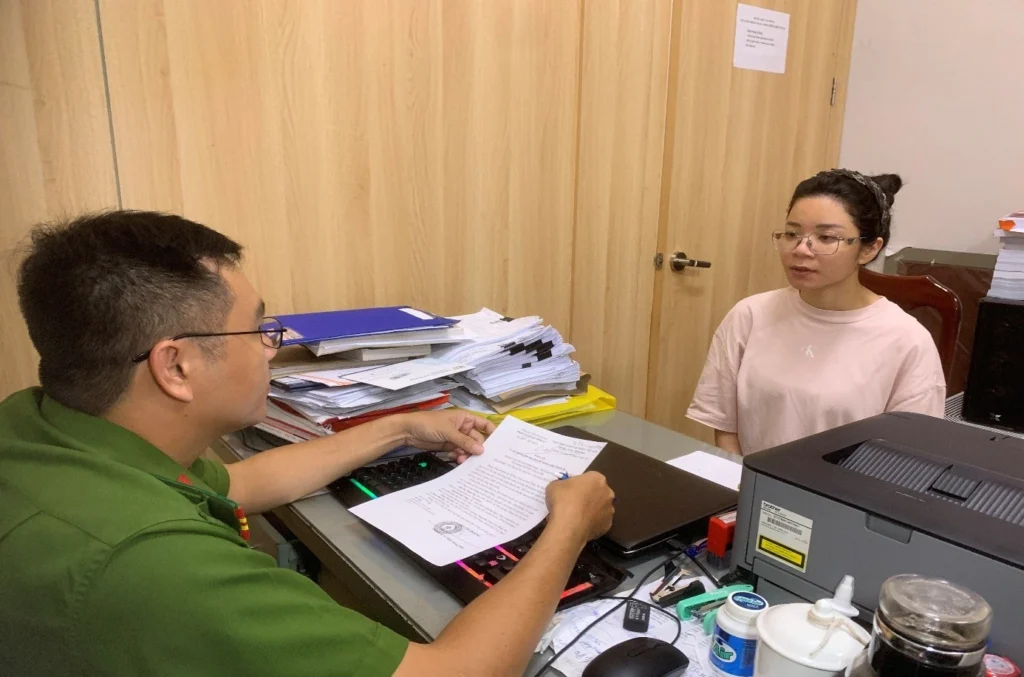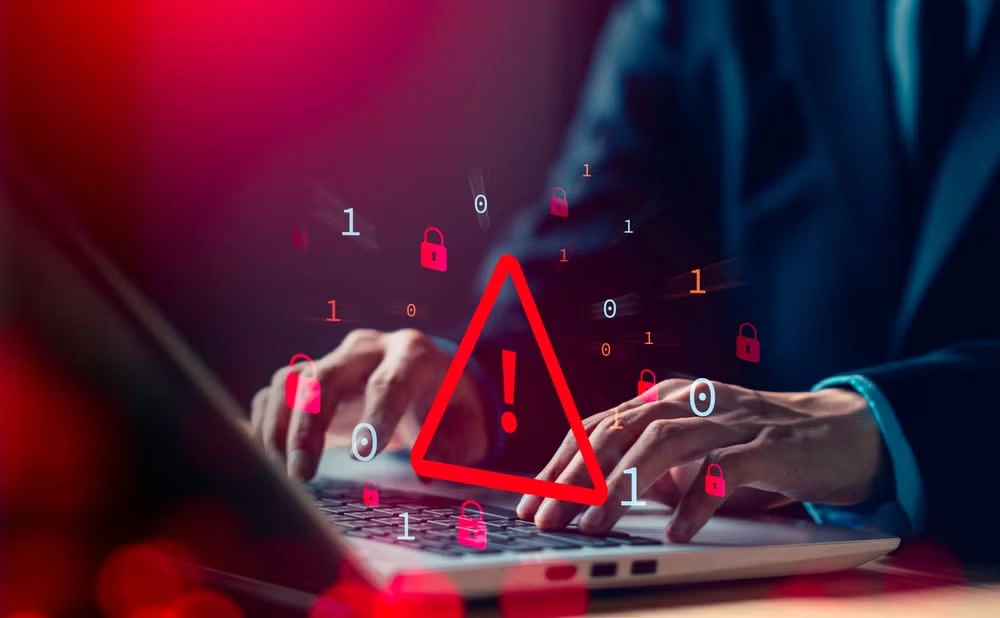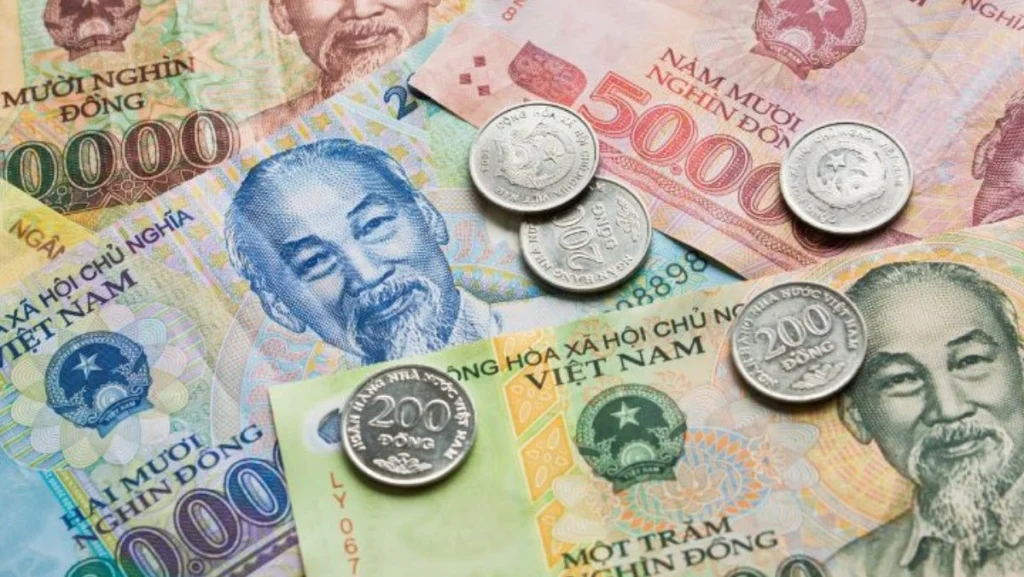Crypto Scams in Vietnam: 5 Myths That Put Your Digital Assets at Risk
August 6, 2025

Crypto Scams in Vietnam: 5 Myths That Put Your Digital Assets at Risk
As Vietnam’s appetite for cryptocurrency grows, so too does the shadow of fraud, crypto scams. But what’s most alarming isn’t just the volume of scams — it’s how many people fall for them because of simple, persistent myths.
Crypto scams in Vietnam are becoming more complex, not just in tactics but in how they exploit misplaced trust. Below, we tackle some of the most common misunderstandings that are putting investors at risk — and share practical, secure trading tips to help you stay safe.
Crypto scams Myth 1: “It’s a Verified App, So It Must Be Safe”
Not all that’s in the app store is legit. Fraudulent crypto platforms often mimic the design and functionality of real exchanges — complete with fake reviews and even cloned security features.
Reality:
App stores are not infallible. In 2023, dozens of Vietnamese users were duped by an app posing as a legitimate platform. By the time users noticed withdrawal delays, the developers had already disappeared. Always cross-check app links directly from official exchange websites.
Crypto scams Myth 2: “If It’s Popular on Social Media, It Can’t Be a Scam”

Credit from Báo VietNamNet
Many scams in Vietnam ride the wave of online popularity — with Telegram groups, TikTok videos, and Facebook ads boosting visibility.
Reality:
Popularity doesn’t equal legitimacy. Some scammers pay influencers (or use fake ones) to promote tokens or platforms. In one recent case, a “crypto expert” live-streamed a pump-and-dump coin that tanked overnight. Rely on verified sources, not viral trends.
Myth 3: “Guaranteed Returns Mean It’s Low-Risk”

This one’s a favorite line among fraudsters — offering 15% monthly gains or “double your money” incentives.
Reality:
No legitimate investment, crypto or otherwise, guarantees consistent profits. Volatility is baked into crypto markets. Promises of “risk-free returns” are a classic scam red flag. Use secure trading tips like portfolio diversification and avoid platforms that sound too good to be true.
Myth 4: “If It’s Local, It’s More Trustworthy”

There’s a belief among some Vietnamese investors that local-run projects are safer or better monitored.
Reality:
Many Vietnam-based scams play on local familiarity — using Vietnamese language, culture-specific lingo, and even fake endorsements from domestic media. But proximity doesn’t equal protection. Always research team transparency, licensing, and project history — even if it’s in your backyard.
Myth 5: “If Other People Are Doing It, I’ll Be Fine”
In group chats or forums, it’s easy to think, “Everyone’s in, so it must be safe.”
Reality:
Scammers often rely on social proof. Victims see others investing and ignore red flags. Herd mentality is a powerful psychological trigger. Secure trading in Vietnam starts with critical thinking — don’t assume safety just because others are diving in.
The Truth About Secure Crypto Trading in Vietnam

Credit from Datawallet
Vietnam’s crypto landscape is dynamic, full of promise and potential — but also full of risk. The lack of regulatory clarity means scams still thrive, often faster than law enforcement can respond. That’s why personal due diligence is your best line of defense.
Practical habits go a long way:
- Use two-factor authentication.
- Store assets in cold wallets.
- Ignore unsolicited DMs promising investment opportunities.
- Discuss projects in community forums before investing.
Public awareness is growing, and crypto safety in Vietnam is gradually improving thanks to grassroots education and tech-savvy communities. But myths still mislead many. By questioning the narrative — and acting cautiously — you can steer clear of the traps.
